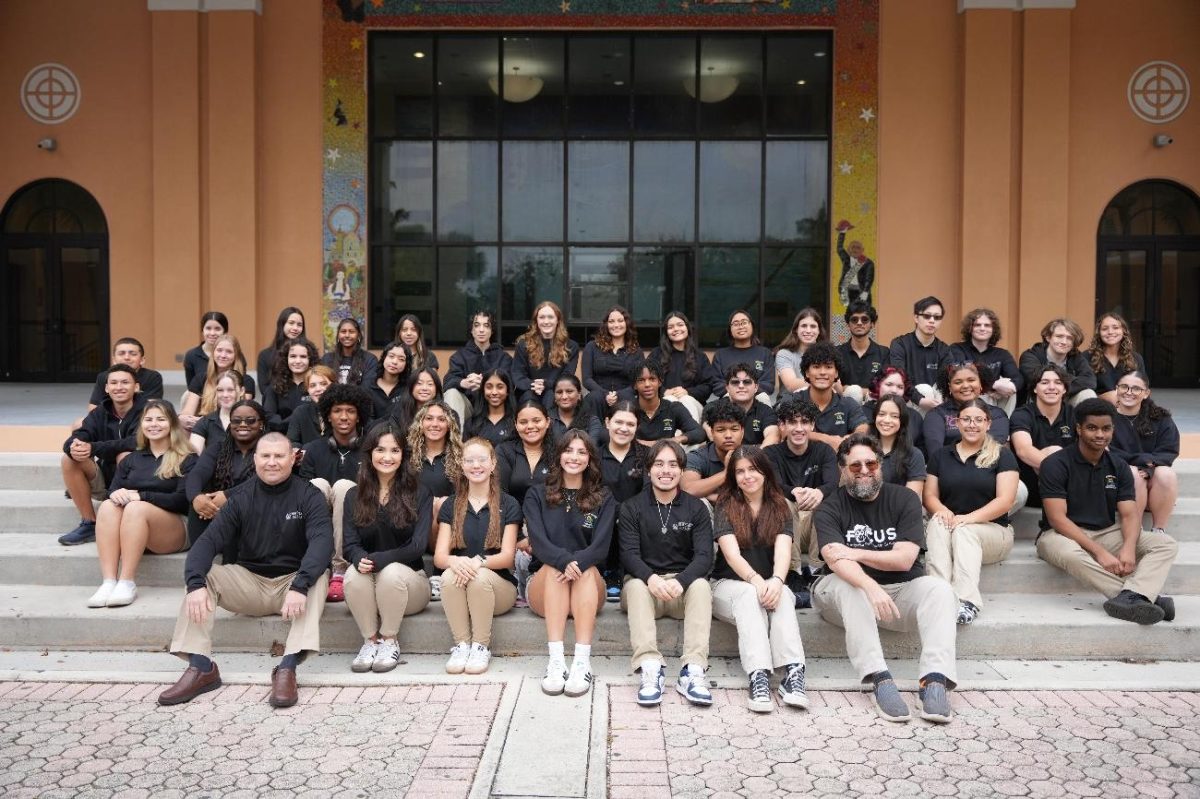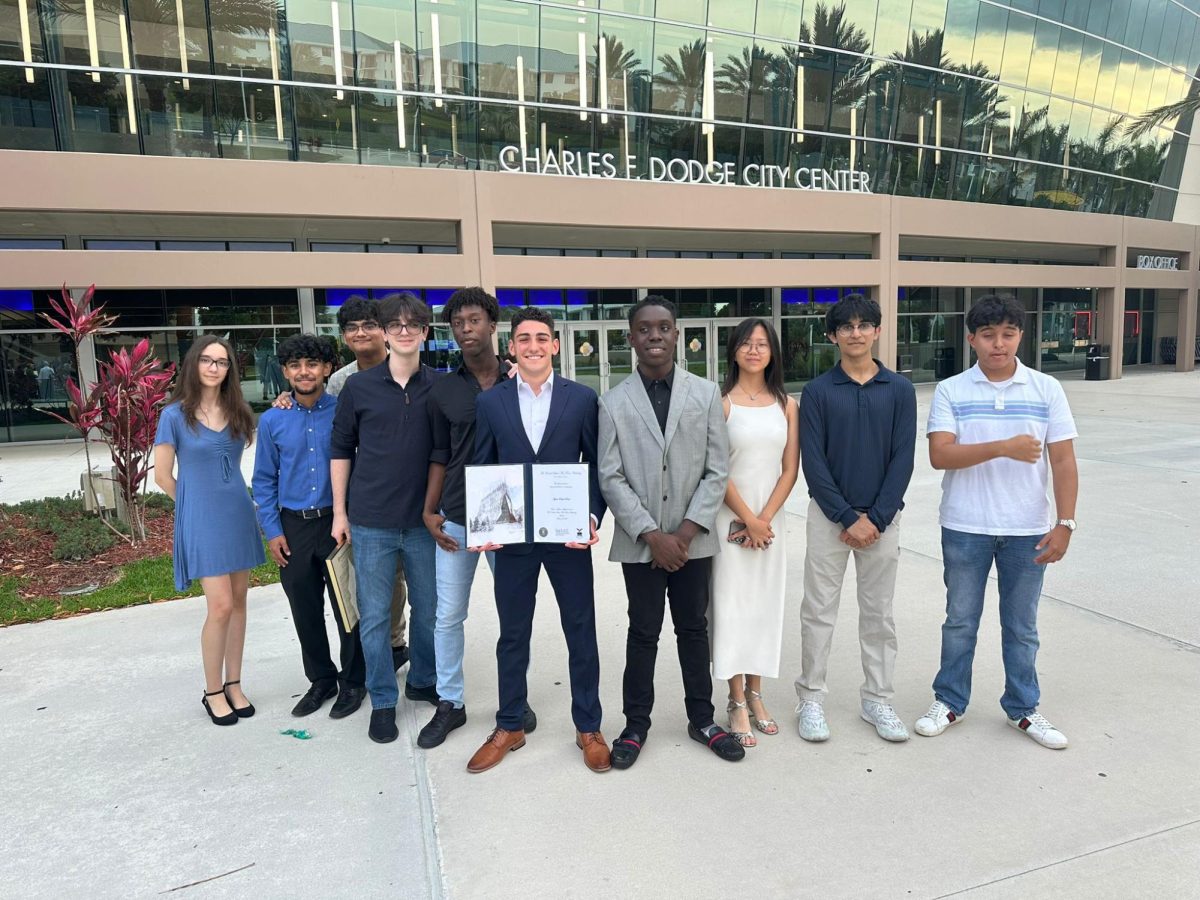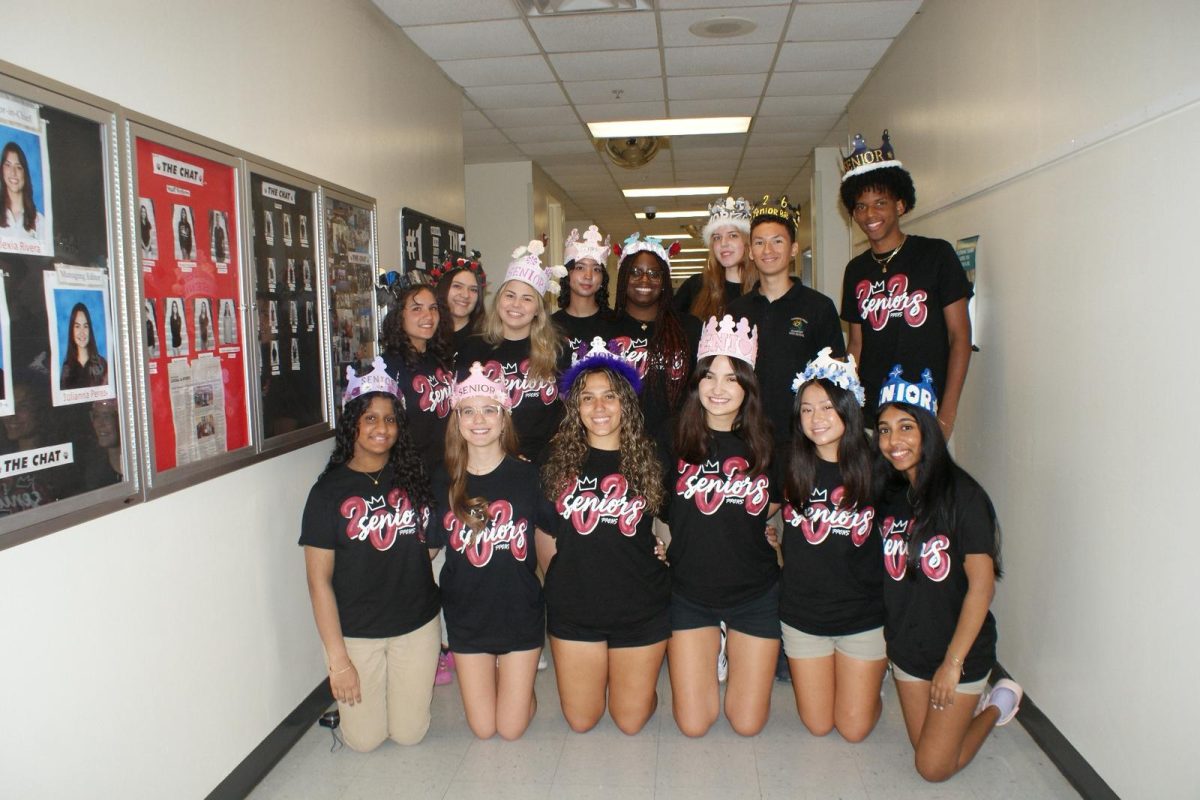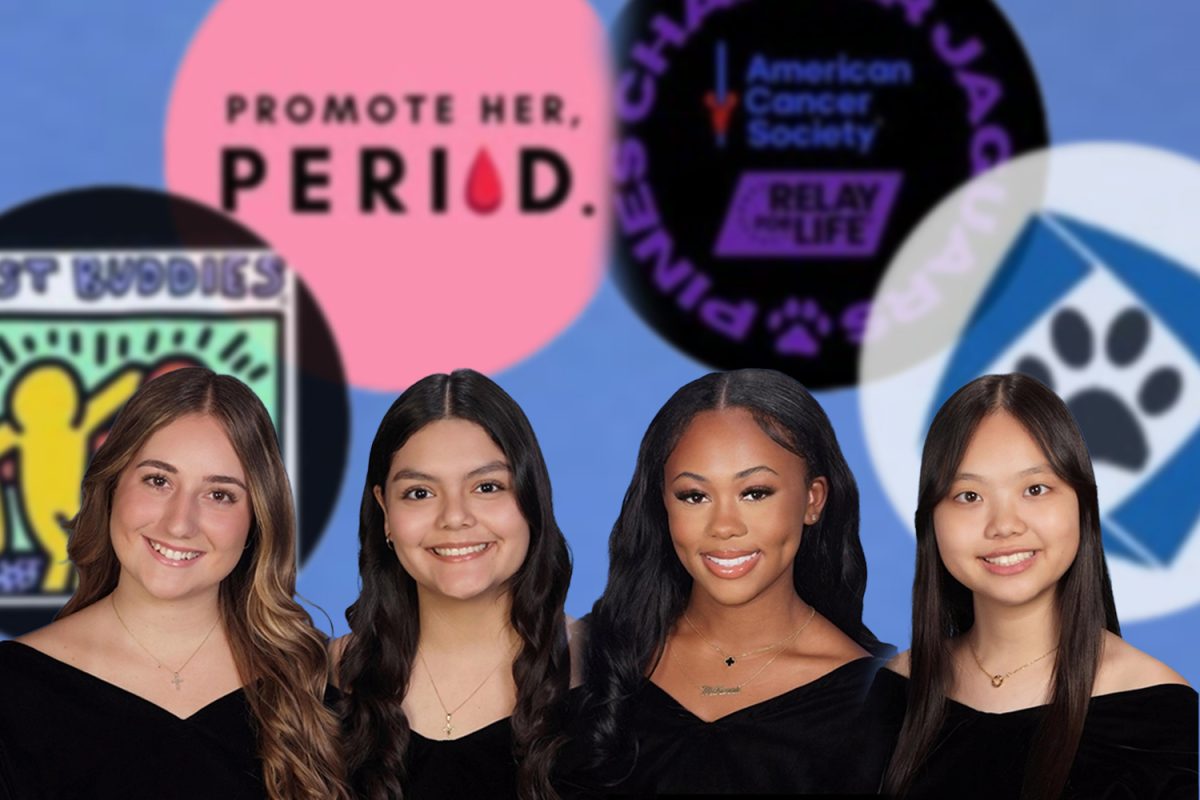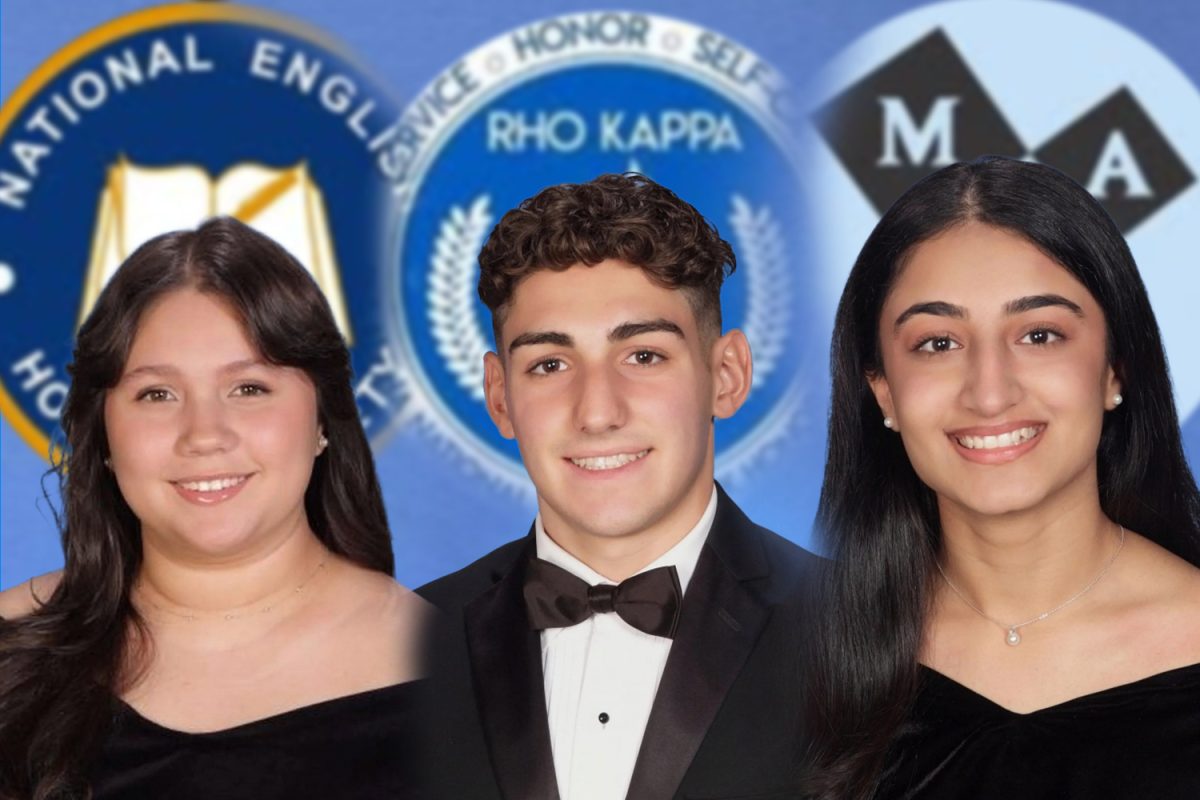You sit in the car, select a song from your personally curated and crafted-to-perfection playlist, and passionately scream out the lyrics to an emotional ballad with the speakers blaring all around you. You’re immersed in the experience, so much so that the lyrics the artist belts out become personal to you, despite you not being the writer. It doesn’t matter, because in the moment, in that very moment, you empathize with and embody the raw emotions they felt when they were recording it. This can apply to many singers who make covers of other artists’ songs, and despite not being their own self-written music, they have the potential to reach success as standalone songs.
Music and art are subjective. It can be listened to, interpreted, and felt differently in various eyes– or ears rather, than another listener beside them. This applies to the lyrics and emotions in songs themselves, coming from the original artists’ perspectives as opposed to other musicians who cover their work. In an interview with The Hollywood Reporter, Adele proclaimed “no one else can sing [her] songs like [her] because they didn’t write them…The lyrics are not their own;” however, while someone else who sings that track may not have an identically parallel life or know exactly what the writer was going through as they produced it, they may have endured a resembling experience that can be comparable to the emotions in the song. A major component of music is relatability. Asserting that no one else can feel it the way someone else does revokes the relatability aspect and makes it untouchable. Music shouldn’t be untouchable. It should be permissible to experience with others who share an appreciation for it.
Music’s subjectivity makes it personal. It’s an individualized experience catered to the listener based on preferences of all kinds– lyrical style, melodic choices, upbeat or slow, pop or rap. Although the original versions of songs and their respectively covered versions may differ, and some may prefer one over the other, it simply further personalizes the human music experience. Neither version may be better or worse, they are simply different.
Are all song covers good? No, but the reason for them being deemed “bad” shouldn’t solely be based on the fact that they aren’t original songs, but based on if they live up to or surpass the original’s standard. For example, the vocals should still impress, any stylistic modifications should be done with intention, and it should still sound like a complete project, as opposed to a subpar, cheap remake.
When an artist covers another musician’s work, it can be amicable– Olivia Rodrigo and Noah Kahan with his song “Stick Season,” for instance. I personally had never heard this song, or knew of him as an artist, prior to her Live Lounge cover of it. I found myself enjoying the cover, which led to curiosity as to what the original song with Noah Kahan’s vocals and production beheld. Following my listen to the song, I noted the differences between their version’s: Kahan’s leaning into the folk genre and Rodrigo’s adapting a sense of the pop sound, where they’re each established comfortably in their artistry. The two sounds were different, but I don’t find one of them to be better or worse than the other, I simply prefer Olivia’s as a pop music listener. Following her cover, Noah took his opportunity at BBC Radio 1 to perform one of her songs, “Lacy.” I also took it upon myself to dive into the world of his music and liked songs I would have never discovered prior to Olivia Rodrigo’s cover, proving that not only can song covers themselves be reputable, they can also introduce listeners to new realms altogether.
Another instance where preference comes into play is in the song “Untouchable,” originally written, recorded, and released by Luna Halo in 2007, then covered by Taylor Swift for a spot on her album, Fearless, the following year. Her most recent rendition has accumulated a growing six million views on Youtube, while Luna Halo’s currently stands at 340 thousand, sparking my thought that many may not even be aware the original version exists, or a new audience could even become drawn to the lesser exposed band. The two versions are entirely different in genre and emotion– in both the artists and the listeners. Personally, I am not a fan of metal music, thus I prefer Swift’s version, however, I understand and respect that metal listeners would likely prefer the original. To me, the lyrics are more prominent and fitting to the production of Taylor’s, but to another listener who may be more attentive to other musical factors, such as instruments, production, and vocals, they may not focus on the contents of what is being expressed, rather the execution of it as an ensemble.
A song cover has endless possibilities. The singer can choose to mimic the original artist’s style and production, or they can take an entirely different route and change every component of the song to the point it becomes unrecognizable. To blanket all covers as “bad” doesn’t consider the potential of what could be for undiscovered tracks or songs that have the chance to be revived for another audience to enjoy.


